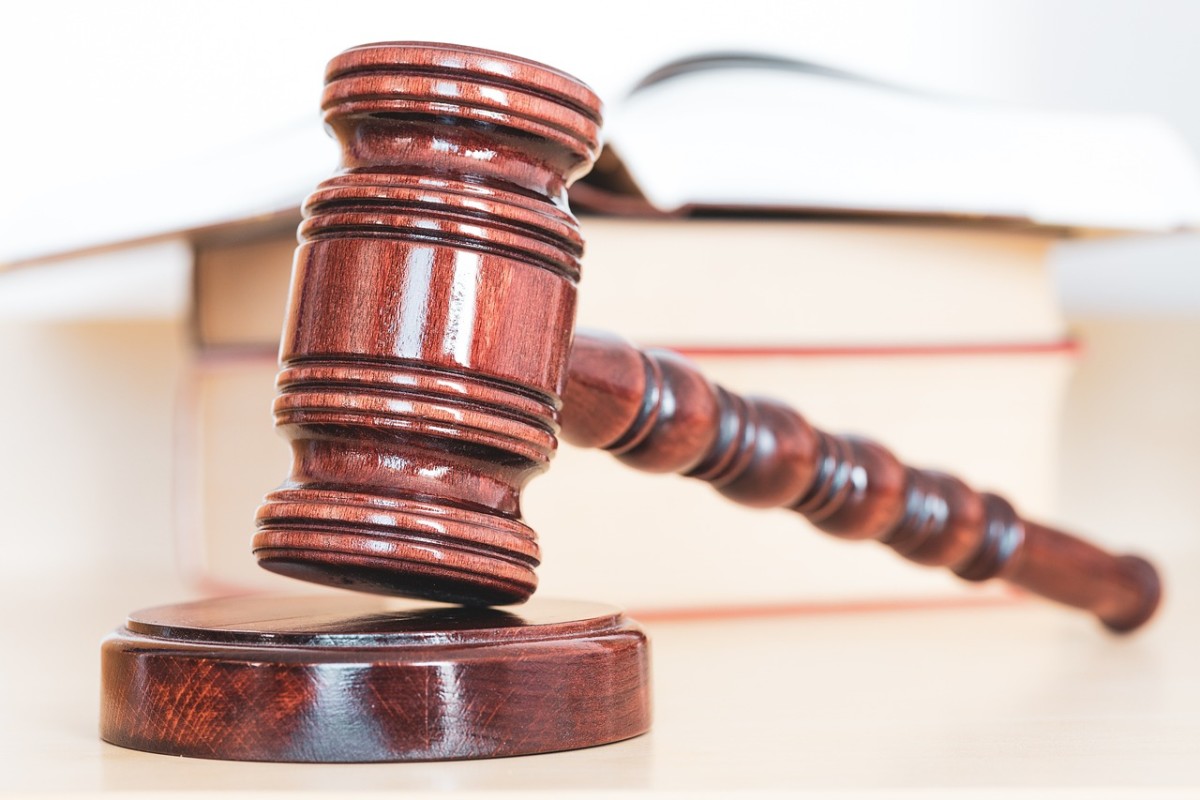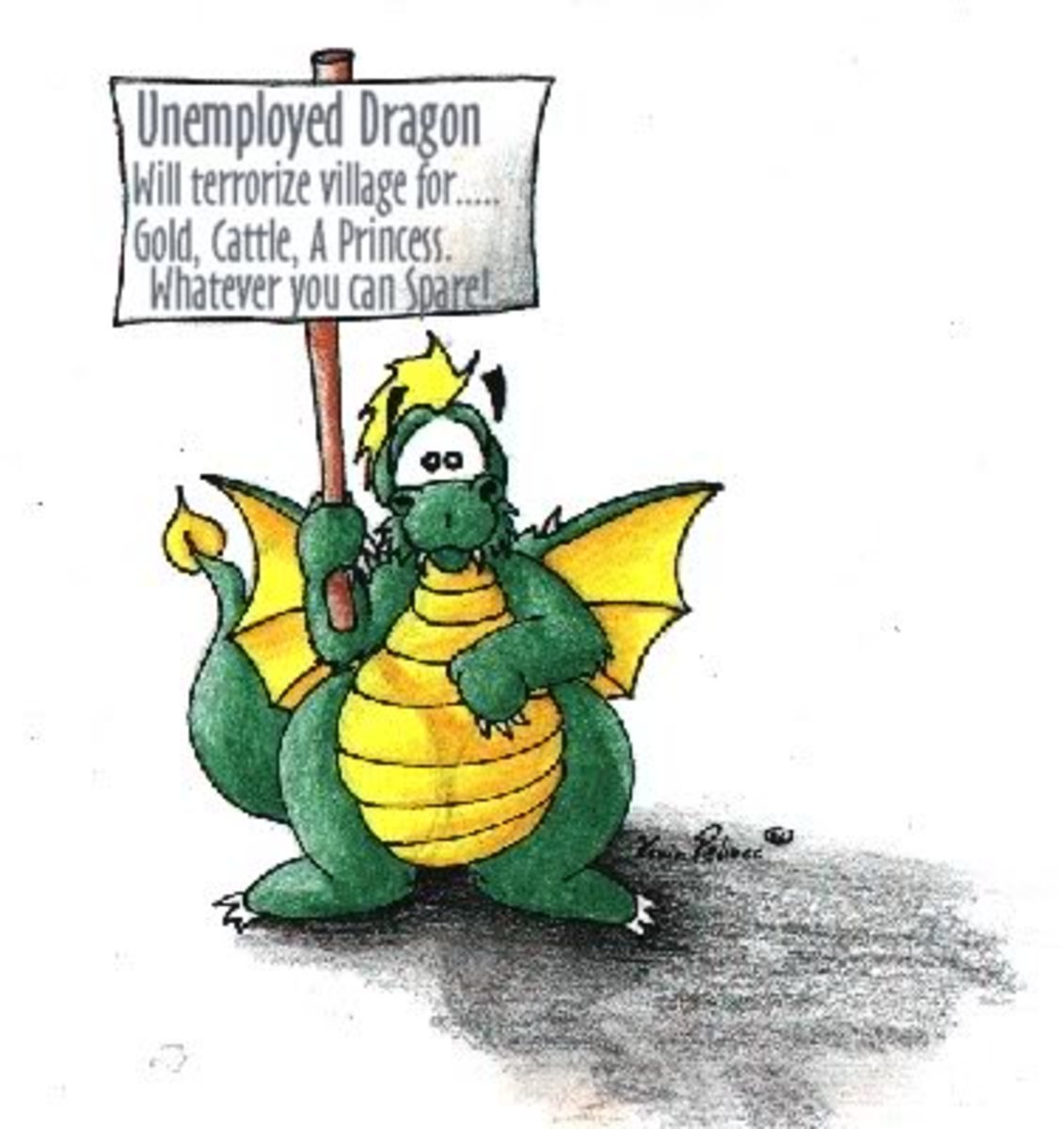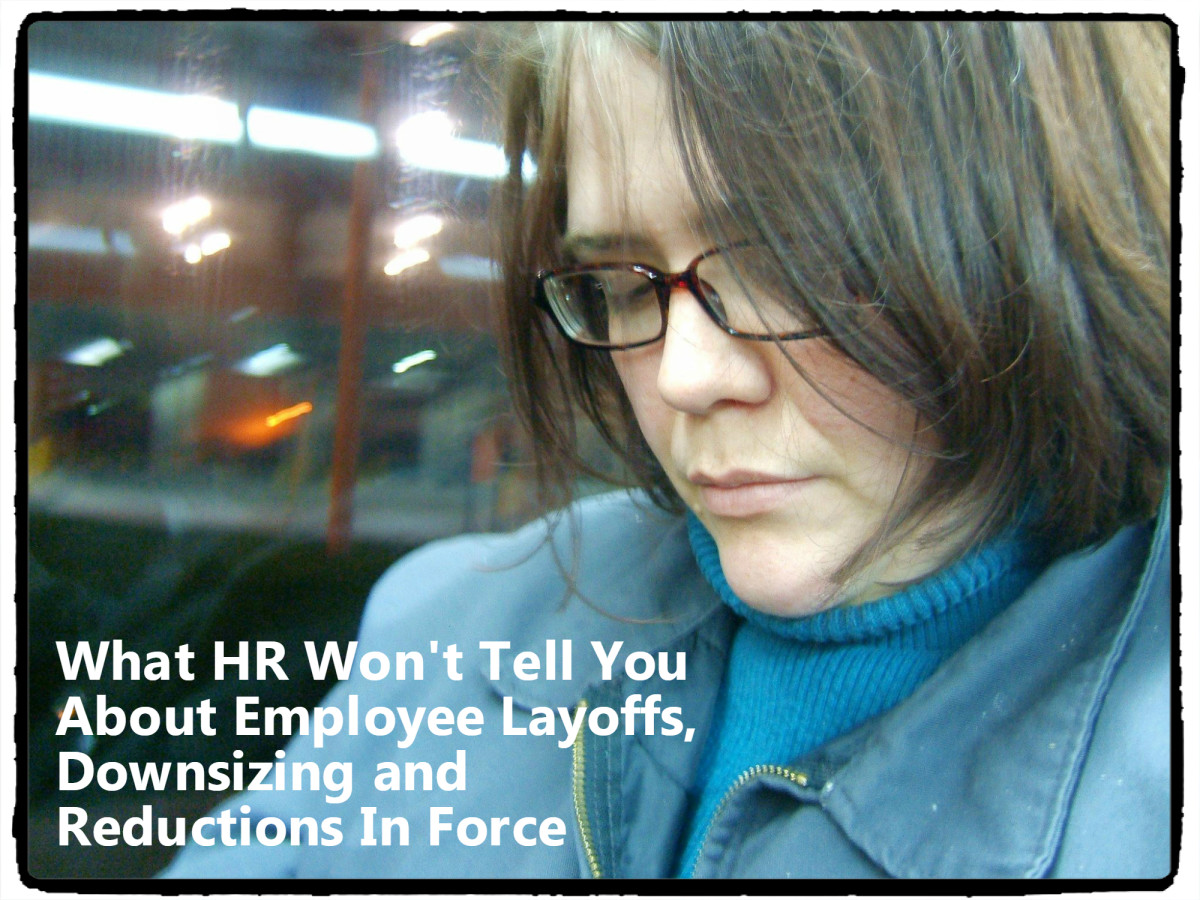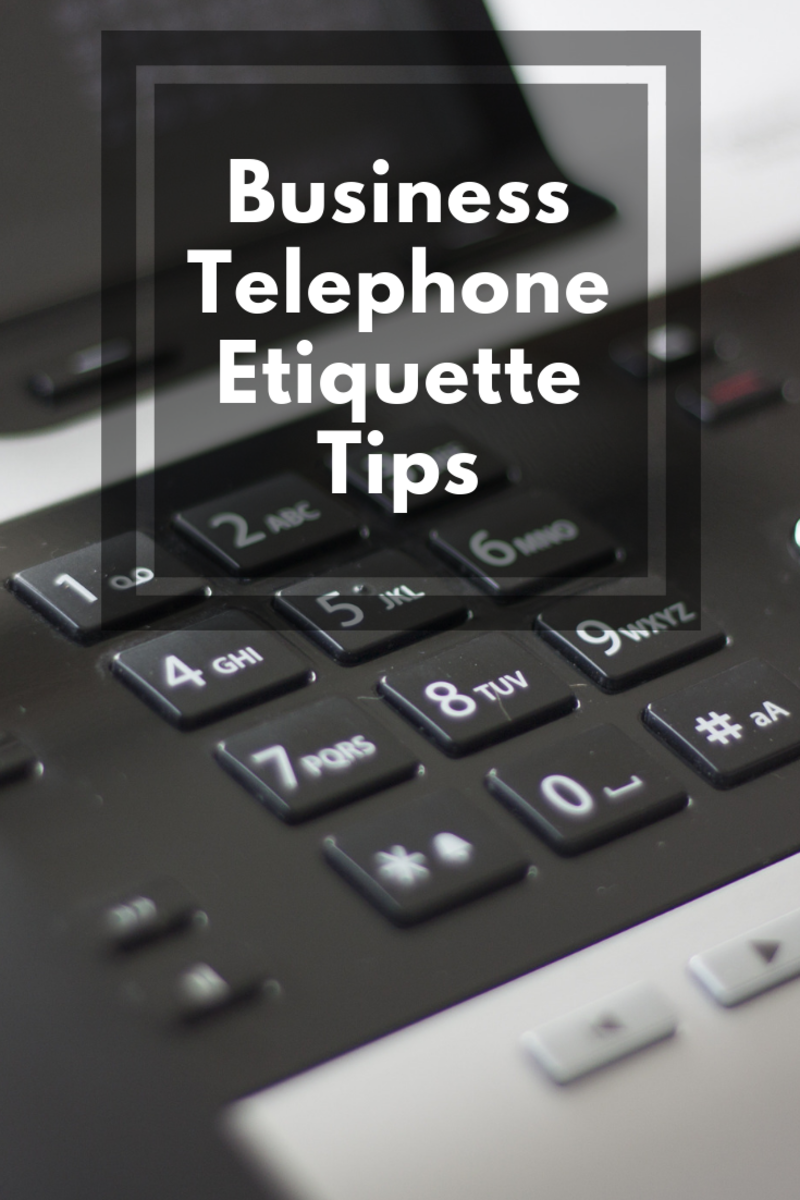Getting Licensed with a Criminal Record

Getting a professional or trade license when you have a criminal background can be tough. Yet people with criminal convictions (even for serious crimes) have managed to turn their lives around and become respected members of their profession or trade. Careful planning can increase your chances of getting the license that you need to get your career on track.
Tips for Filling out the License Application
1. Do Not Lie
The absolute worst thing that you can do on a professional/trade license application is to lie about a criminal record. The chances of your being found out are very high, and you will be in the even worse position of having to explain both why you lied and the nature of your crime or crimes.
2. Read the Application Carefully
Not all state agencies will ask you disclose all crimes, but you need to make very certain that you understand exactly what information you are required to list. In general, you will be required to list all criminal convictions, both felonies and misdemeanors, except for minor traffic violations.
IMPORTANT:
- If your criminal record has been expunged, you may still have to include this information on the application. Check carefully as to what is required by reading the application and, if necessary, calling the agency.
- Many people seem to believe that they do not have to disclose misdemeanors or DUI/DWI convictions, even if the application makes it clear that these convictions should be listed. Don't make this mistake!
- If you pled "no-contest" to a crime, you may still have to list it as a conviction.
- If you have any questions about what you should be listing on the application, do not rely on hearsay from a boss, colleague, or even a school instructor or administrator. Contact the licensing agency directly, preferably by email or snail mail so that you have their answer in writing.
- If you must contact the agency via telephone, record the day and time of your call, and the name of the name of the agency employee that you spoke to.
3. Fact-Check Everything
Like credit reports, it is not unusual for criminal records to contain mistakes (i.e. dates). It is also not unusual for people to be genuinely confused about the nature of their conviction and their punishment. Unfortunately, providing erroneous information, even accidentally, may be treated by the licensing agency as a lie, putting your application in jeopardy.
Get a copy of your criminal and court records and have them handy when filling out the application. If you think they contain mistakes, contact the court or police department that issued the records and have errors corrected before submitting your licensing application.
4. Stick to the Facts
If the application asks you to describe your crime, do so in a straightforward way. The nature of the conviction and pertinent dates such as the date of your conviction, dates of incarceration, probation, and/or parole are what you should list on the application. Avoid making excuses or minimizing the impact that your crime had on others.
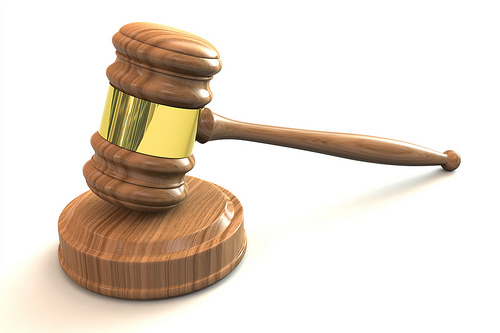
Prepare for the Hearing
Many states require applicants with criminal backgrounds to explain their background and situation to the licensing board or commission. You may be required to do this at a public meeting. The licensing agency will let you know when and where you have to appear.
If you are appearing before a board of commissioners, keep in mind that the commissioners are usually appointed to their positions and are not paid for their time, save for a small stipend and travel expenses. An agency employee, on the other hand, is employed by the state licensing board. In either case, you will likely have a very limited time to present your case to them, so be prepared!
1. Documents
Bring with you copies of your court records and reports from your parole/probation officer (if pertinent). You should also bring any communications between yourself and the licensing agency. Have these items organized and dated so that you can find them when necessary.
2. Timeline
It can be helpful to list the dates of your conviction(s) along with dates of any incarceration, parole, or probation.
3. Get an Attorney (Maybe)
If you must appear before the licensing board or commission to explain your criminal past, you may have the option of bringing a lawyer to speak for you at the hearing. Not everyone does this, but there are some situations in which it is a good idea to do so.
What are these situations?
1. Your case was complicated or there were mitigating factors: Not all criminal cases are straightforward and there are often mitigating circumstances that the licensing board should take into consideration when deciding if it is prudent to issue you a license. For example, I attended one licensing hearing in which a gentleman was convicted of a felony because he was an employee of
For example, I attended one licensing hearing in which a gentleman was convicted of a felony because he was an employee of company that engaged in money laundering. The prosecutor cast a wide net when filing charges, and the employee (who had no knowledge of wrongdoing) was caught in it. The case was further complicated by the bad decision of the employee who took up his employer's offer of free legal representation. . .a ploy to keep the employee from testifying in court. The case was incredibly complicated and it took a lawyer to explain things so that people attending the licensing hearing could understand what happened.
There may also be mitigating factors: Another case that I heard involved a woman who was intimidated by her abusive husband into committing a serious crime. Some applicants had histories of drug and alcohol abuse that led to poor decision-making, but they had been clean and sober for years when they applied for a license. If you try to explain these factors yourself, you may come off as someone who doesn't take responsibility for your actions. A lawyer may give the process more objectivity.
Another Warning: Don't allow the lawyer to depict you as a helpless victim who just went along with what other people told you to do. Licensing commissions and agencies don't want to license professionals who won't assert themselves and do what is right. Instead, your lawyer should point out that you changed your circumstances by getting away from drugs, alcohol, an abusive spouse, or unsavory associates and have moved forward in improving your life.
2. You are nervous speaking in public or have other communication issues: If you have difficulties with the language spoken at the hearing or tend to freeze up when speaking in public, bringing a lawyer to speak for you is often a wise decision.
Warning #1: if your criminal case is ongoing (i.e. you are in the appeals process) you should absolutely speak with your current attorney: You don't want to make statements at the licensing hearing that could harm your case!
Warning #2: If you do get a lawyer, find one who is experienced in representing clients at administrative hearings. I've seen lawyers actually do their clients more harm than good in a hearing by treating it like a trial. Your lawyer's job in the hearing is to explain the nature of your crime, address mitigating circumstances, and demonstrate that you have turned your life around.
4. Bring Character Witnesses
People who engage in criminal behavior often have a negative impact on their family and close friends. If you can bring family members and friends to the hearing, or letters from them testifying to your good character, you can show the commission/agency that you are capable of maintaining strong, healthy relationships with others.
The Day of the Hearing
- Don't Be Late: Many hearings are held in government buildings that have a strong security presence, so be prepared to go through metal detectors and to have to put your belongings through an x-ray machine. To be safe, you and your character witnesses should plan to get to the building an hour before your hearing is scheduled.
- Bring ID: You and your character witnesses should bring photo identification, as this will typically be checked by security.
- Dress Professionally: It shows respect for the commission, the proceedings, and demonstrates that you take this matter seriously.
- Documents: Remember to bring your timeline and any pertinent documents, including a log of conversations with agency employees regarding your case.
- Ask Directions: When you enter the hearing room, ask the guard (or whoever meets you at the door) where you should check in. You typically will be given a list of all the cases to be heard that day, and yours will be on it. Be aware that some individuals will not show up for the hearing, so your case may come up faster than you think!
During the Hearing
1. Be Polite: At no time should you lose your cool, even if you feel that you are being treated disrespectfully by the commission. If you become rude or belligerent, you will lose your case.
2. Pay Attention: You will likely be asked several questions by commission members. Pay attention to the questions, asking for clarification when necessary.
3. Give Simple Answers: Give what information is asked for and avoid giving excuses or doing a lot of "explaining."
4. Demonstrate Your Trustworthiness: Avoid dwelling on the crime, and instead describe what you have done to rebuild your life. Tell the commission about your family, your job, your home, your schooling, your church and your community activities.
5. Practice Self-Control: If the commission does not rule in your favor, keep your composure and thank the commission for their time. If they do rule in your favor, again, maintain composure, and thank them for their confidence in you.

